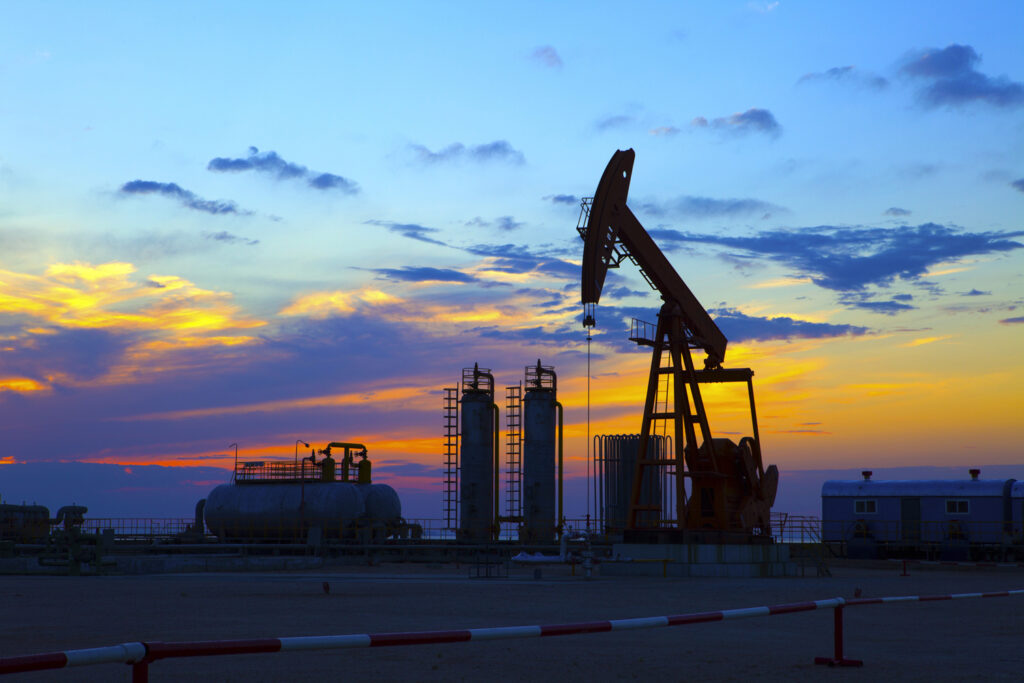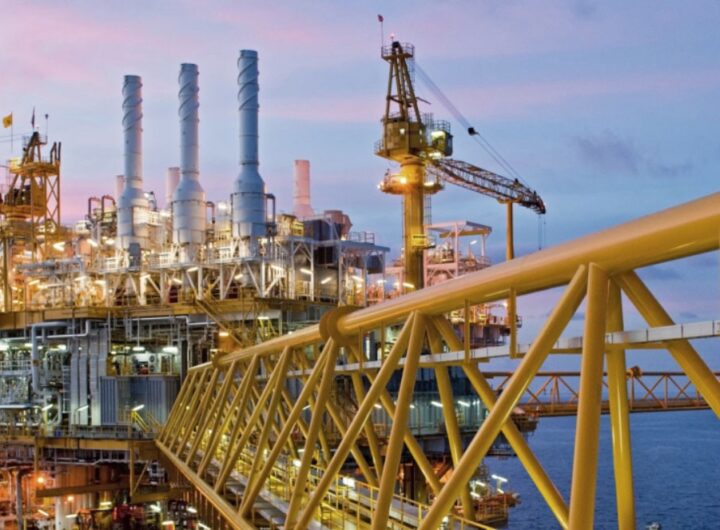
The Integrated Engineering Course in Oil and Gas - The best courses in Istanbul IBC25
Petroleum Systems Analysis The Best Training Course – PSA IBC24
Table of Contents
Course Description – Petroleum Systems Analysis
The Petroleum System is a volume creation machine driven by heat and gravity. This course addresses the fundamentals of the Petroleum System, a holistic view of how it works, which is essential for geoscientists and engineers involved in today’s challenging conventional and unconventional exploration and development projects. The elements of the Petroleum System Charge, Trap, and Reservoir, are described systematically within the framework of play and prospect evaluation.
The charge element begins with the deposition of the source rock and the establishment of its volumetric potential, or feedstock, for the system. Charge access involves converting this potential to expelled volumes, making, and then moving, the volumes from source bed to trap/reservoir. In the case of some unconventional reservoirs, this is within or adjacent to the source bed itself. A trap receives charge and petroleum columns build along its edges, until the container limit of the critical weak point is reached, or it spills. Reservoir rock storage and deliverability are modified by mechanical and chemical compaction, and fluid properties, fundamentally affecting project economics. Fluid properties further impact economics via the product value itself.
This 5-day class uses new purpose-designed materials, most previously unpublished, and draws on a global database and familiarity with many different styles of producing basin, play, and accumulation. About a third of the classroom time employs quick quiz and purpose-designed interactive individual and group exercises. The regular class offering covers both conventional and unconventional fundamentals, but upon request, can be focused on one or the other.
you can read also: : Trouble Shooting Gas
Who Should Attend?
Geologists, geophysicists, and Whos working on basin, play, prospect or reservoir evaluation, and reservoir engineers seeking a bottom up understanding of the genesis of their reservoir, or field. The course provides a refresher in new concepts in this field for geoscientists at a fundamental level.

Course Objectives: You will learn How To:
- Employ Petroleum System concepts as a holistic approach to risk and volume estimation in play, prospect and reservoir evaluation
- Predict and confirm source rock distribution from rock and fluid data, and estimate volumetric potential
- Predict the temperature, timing, volumes, compositions and phases expelled from kitchens, and the controls exerted by hydrodynamics and capillarity on migration from source bed to trap/reservoir
- Describe a trap in terms of the critical weak points on its edges
- Estimate column heights containable by those edges
- Understand the Petroleum System controls on reservoir rock quality
- Understand reservoir and reservoir fluid properties that govern deliverability, well recovery, and economics (rate, product value)
Course Content – Petroleum Systems Analysis
Volume, Risk, and Value (VRV)
- Petroleum Systems in E&P
The feedstock
- Charge | Source Potential: source rock deposition
- Charge | Source Potential: type and organofacies
Making
- Charge | Access: temperature and thermal stress, thermal stress indicators and maturity
- Charge | Access: petroleum generation, cracking and expulsion; petroleum product composition and phase
- Charge | Access: oil and gas geochemistry (biomarkers, isotopes) as a function of organofacies, maturity and biodegradation
Moving
- Charge | Access: basin thermics; thermal modeling; volume and timing of expelled products; fluid phase properties
- Charge | Access: capillarity; pressure; primary and secondary migration from source to trap; charge vs. trap timing
Receiving
- Trap | Container Geometry: understand trap geometries that govern accumulation; container type and number of edges
Containing
- Trap | Column Capacity: fluid phase properties density and interfacial tension; rock capillarity; hydrodynamics; capillary vs. fracture leakage; column capacity prediction methods; tertiary migration/leakage and seepage
Storing
- Reservoir | Storage: effective stress and mechanical compaction; thermal stress and chemical compaction; how reservoir filling controls fluid phase saturation; fluid formation volume factor and gas expansion factor; geochemical methods of estimating fluid phase saturation
Delivering
- Reservoir | Deliverability: P, T and compositional controls on fluid viscosity; segmentation; reservoir pressures and connectivity
Value
- Value: the value of the produced petroleum product itself
Contact information -Petroleum Systems Analysis The Best Training Course :
Mobile: 00905340789498 – Whatsapp + Viber
Email
[email protected]
[email protected]
To communicate in Arabic:
You can view all programs through our website
We are waiting for your questions about the training courses offered by our center IBC .
A group discount can be requestedISTANBUL BUSINESS CENTER
Is there a group discount when registering for Petroleum Risk and Decision Analysis Training Course – IBC 22PRD?
- Browse our course catalog and select which courses meet your organization’s learning and development needs
- Receive a discount ranging from 10 to 20% based on the total number of participants you enroll per year. Discount tiers are outlined in the adjacent chart.
- Contact us below to register your participants and receive a unique discount code for your organization. From there, our team will work with you to enroll your employees.

The Short Course Experience -Petroleum Systems Analysis The Best Training Course
Our 2- to 5-day short courses offer a unique opportunity to step outside of the pressures of your day-to-day work life and challenge yourself with new ideas and skills in a low-risk environment. Our team is here to guide you each step of the way.
To join our YouTube channel:
https://www.youtube.com/channel/UCTlFnksxL38RGeNEV3xBN3A

 The Integrated Engineering Course in Oil and Gas – The best courses in Istanbul IBC25
The Integrated Engineering Course in Oil and Gas – The best courses in Istanbul IBC25  Logistics & Material Management – The best courses in Istanbul IBC40
Logistics & Material Management – The best courses in Istanbul IBC40  Warehousing And Materials Management – The Best 45-Training Course Istanbul
Warehousing And Materials Management – The Best 45-Training Course Istanbul  Purchasing and Materials Management – The Best 10-Day Training Course
Purchasing and Materials Management – The Best 10-Day Training Course  Finance for Non-Finance Professionals – Our Best courses 30
Finance for Non-Finance Professionals – Our Best courses 30